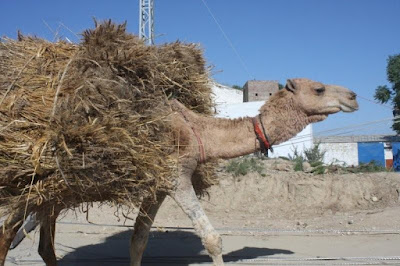Who doesn't know pressure?
We know the expression "to feel pressure" but today we explore another expressions dealing with pressure: (to) face pressure.
What is the Center for Disease Control facing pressure about, or to do?
--
Here's a different news story:
Battered by Trump, the C.D.C.’s Director Faces Pressure to Speak Out
Who is pressuring the CDC director? And what is he facing pressure to do? What is he facing pressure to speak out about?
Understanding the pressures children and teenagers face
In the article above, we find the expression "to face pressure" not only in the headline but later on.
"Many children feel under pressure to fit in, and sometimes this means they do things they may not feel comfortable with or are unsure of."
Activities for You
Can you list some of the ways that teenagers where you live face pressure? Do boys and girls, males and females, face different types of pressure? We will begin this list and you complete it:
- Teens face pressure from their parents to do well in school.
- Teens face pressure from _______ to ______.
- Teens...
- Teenagers...
- Young adults ...
- ...
What are some pressures that adults face?
- Adults face pressure from __________ to__________.
- Fathers ...
- Mothers ...
What are some techniques that you use when you face pressure?






